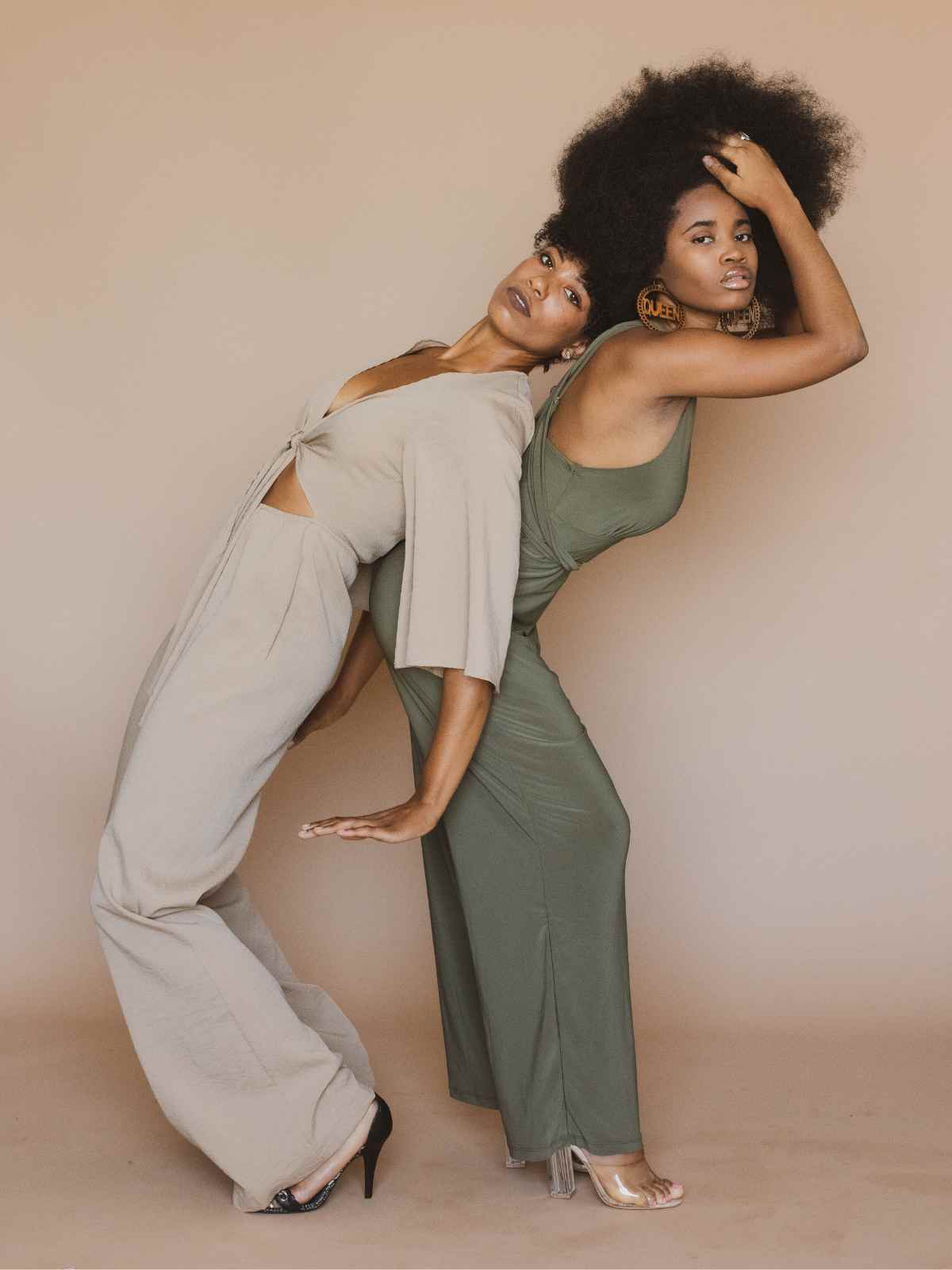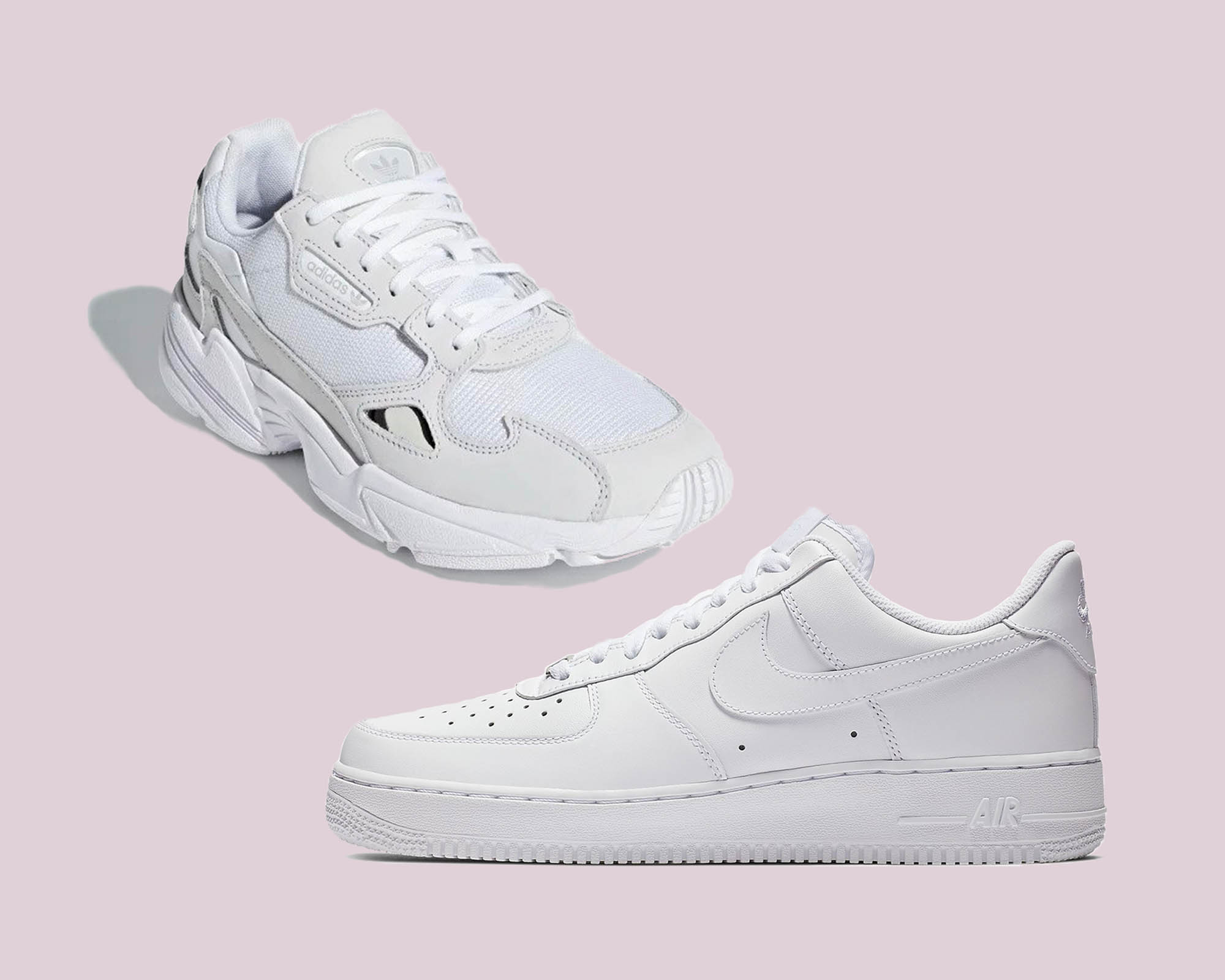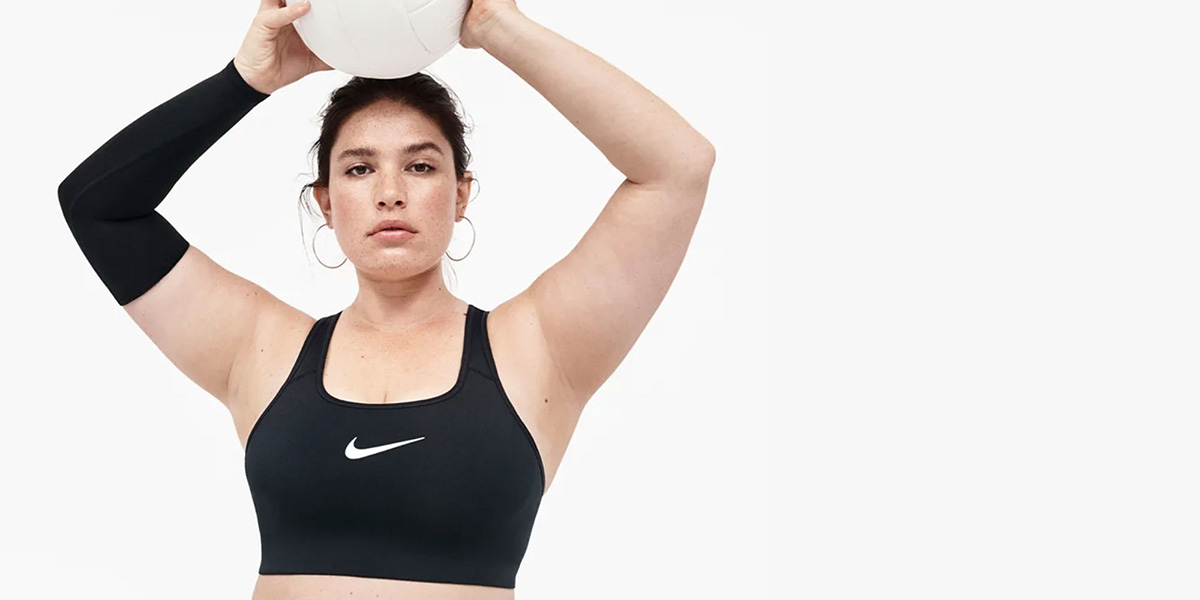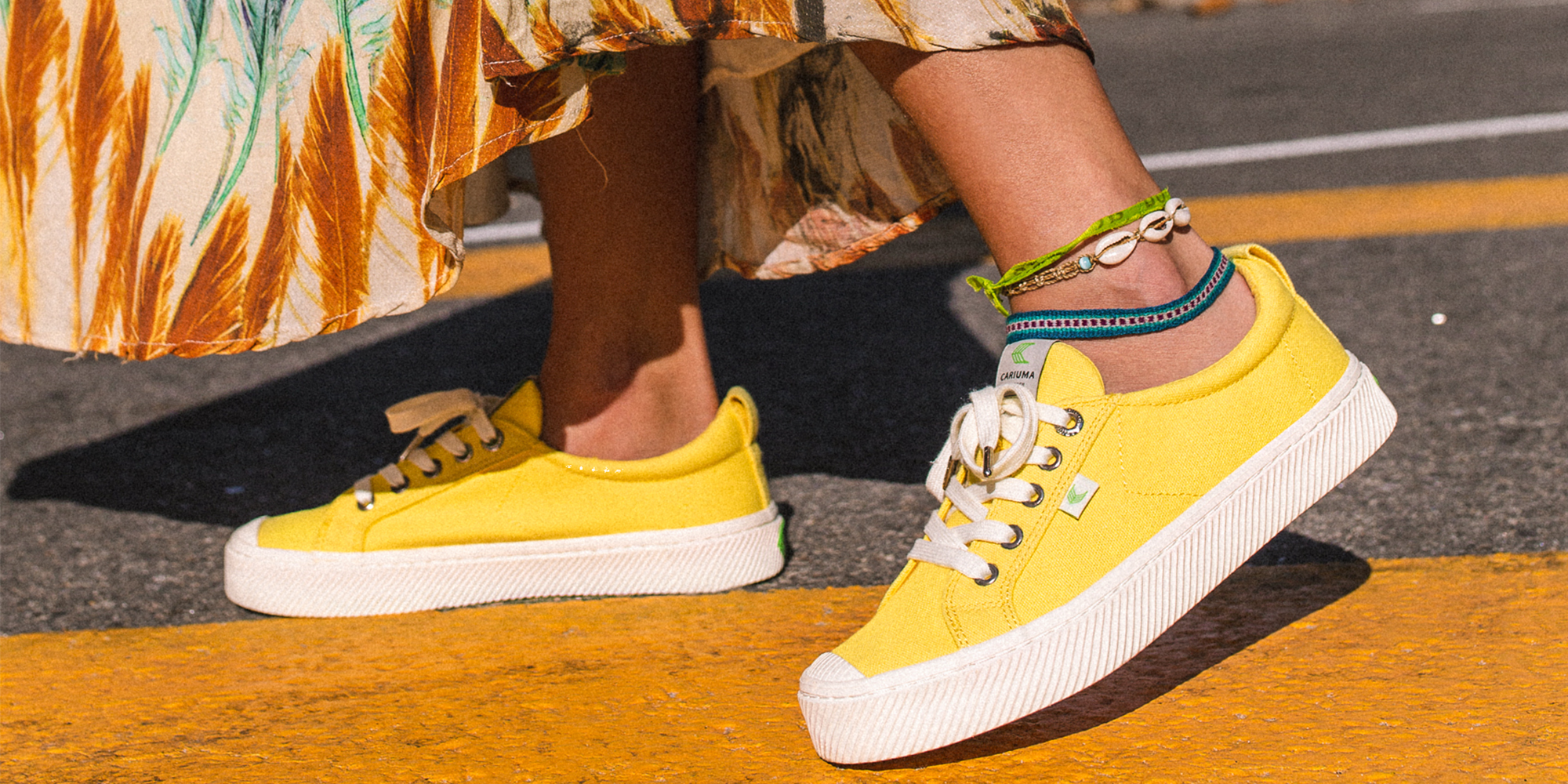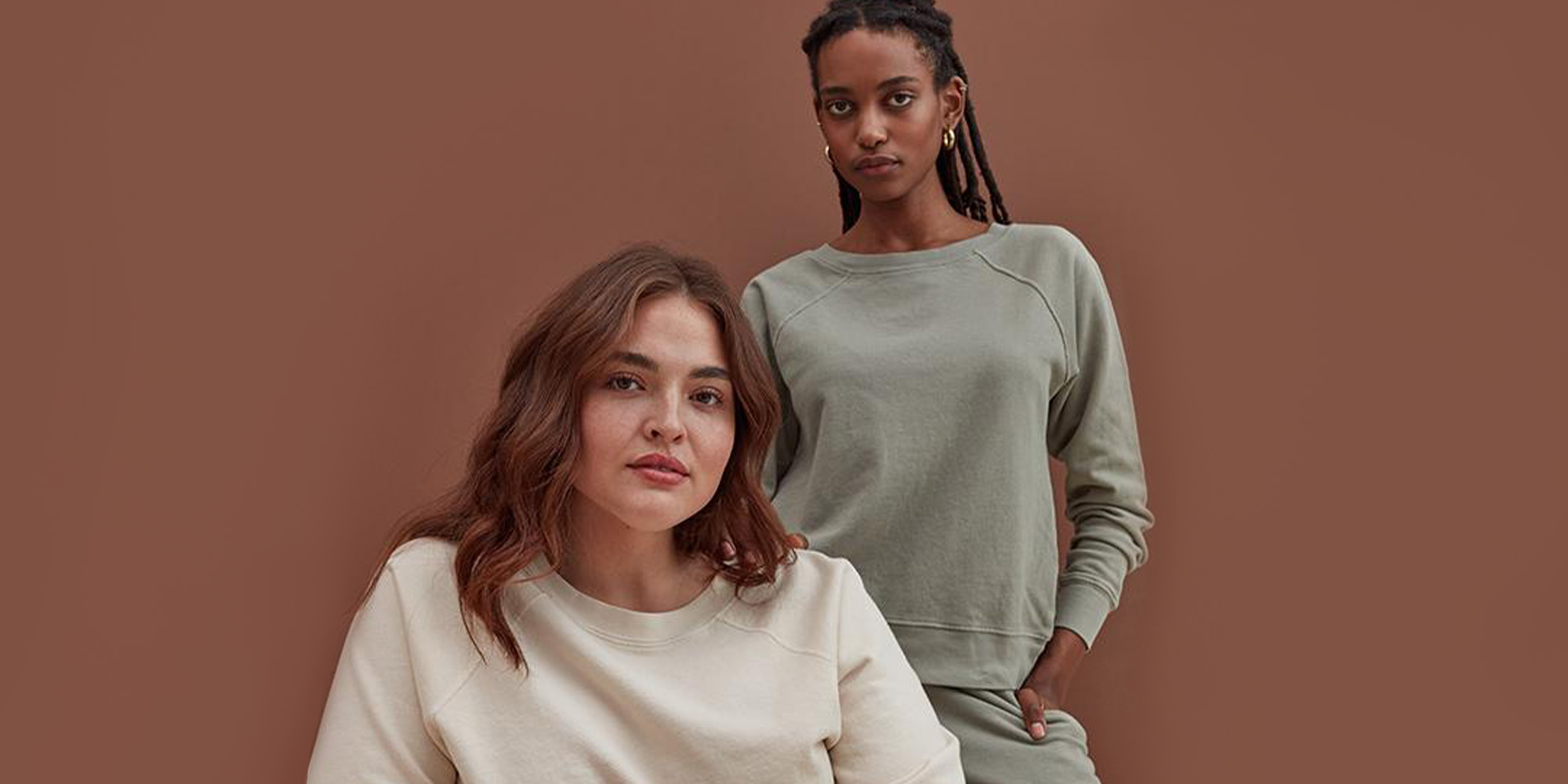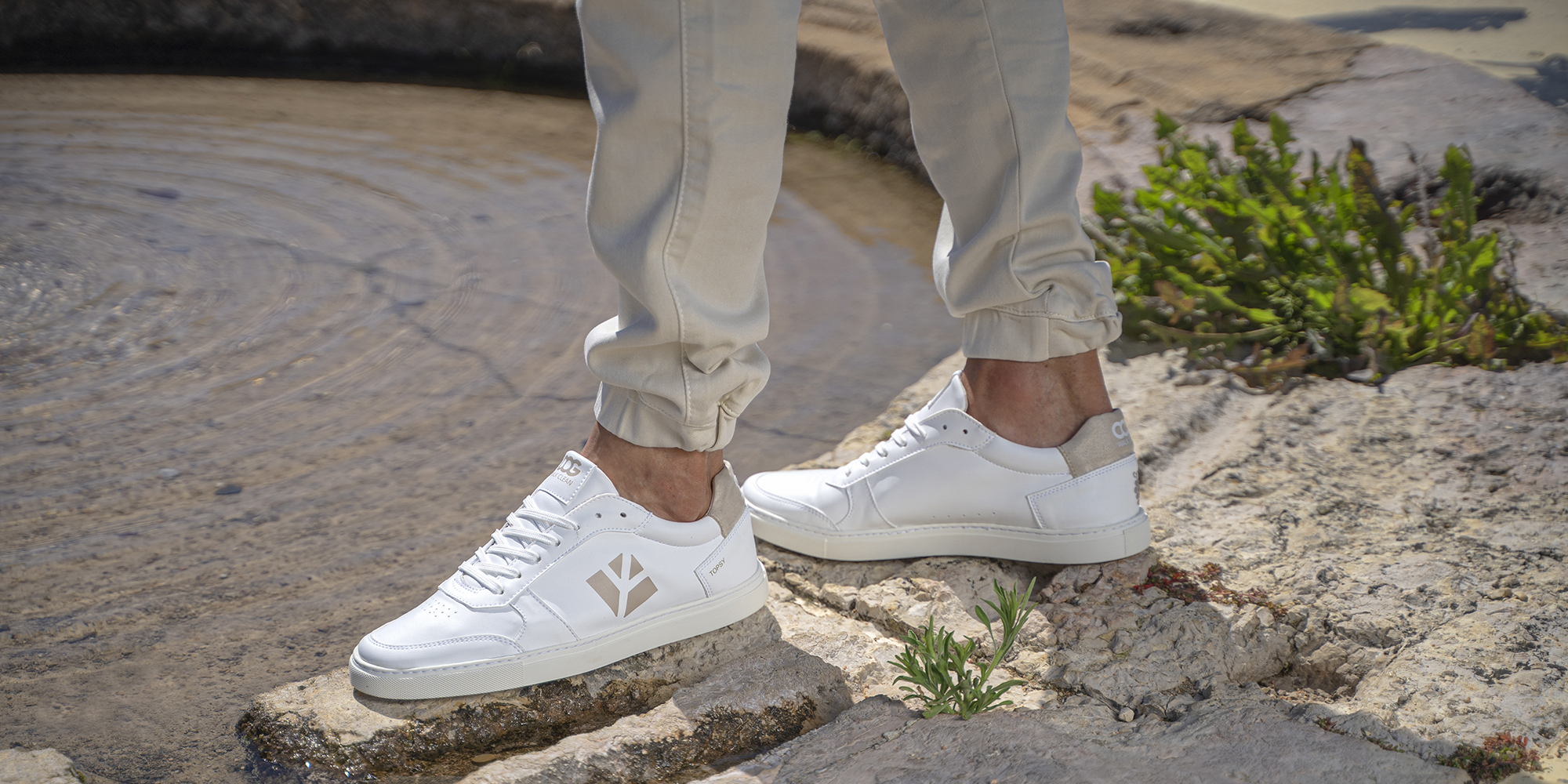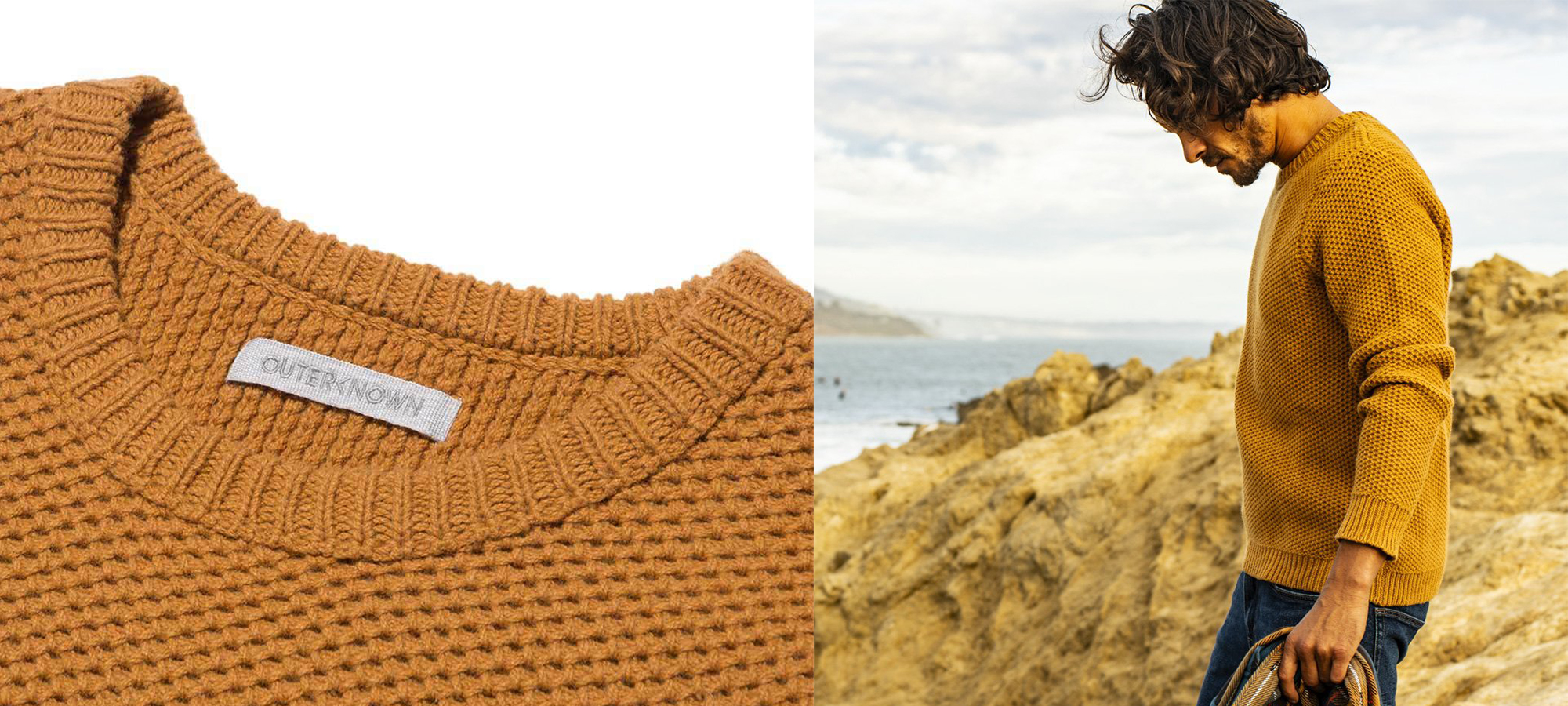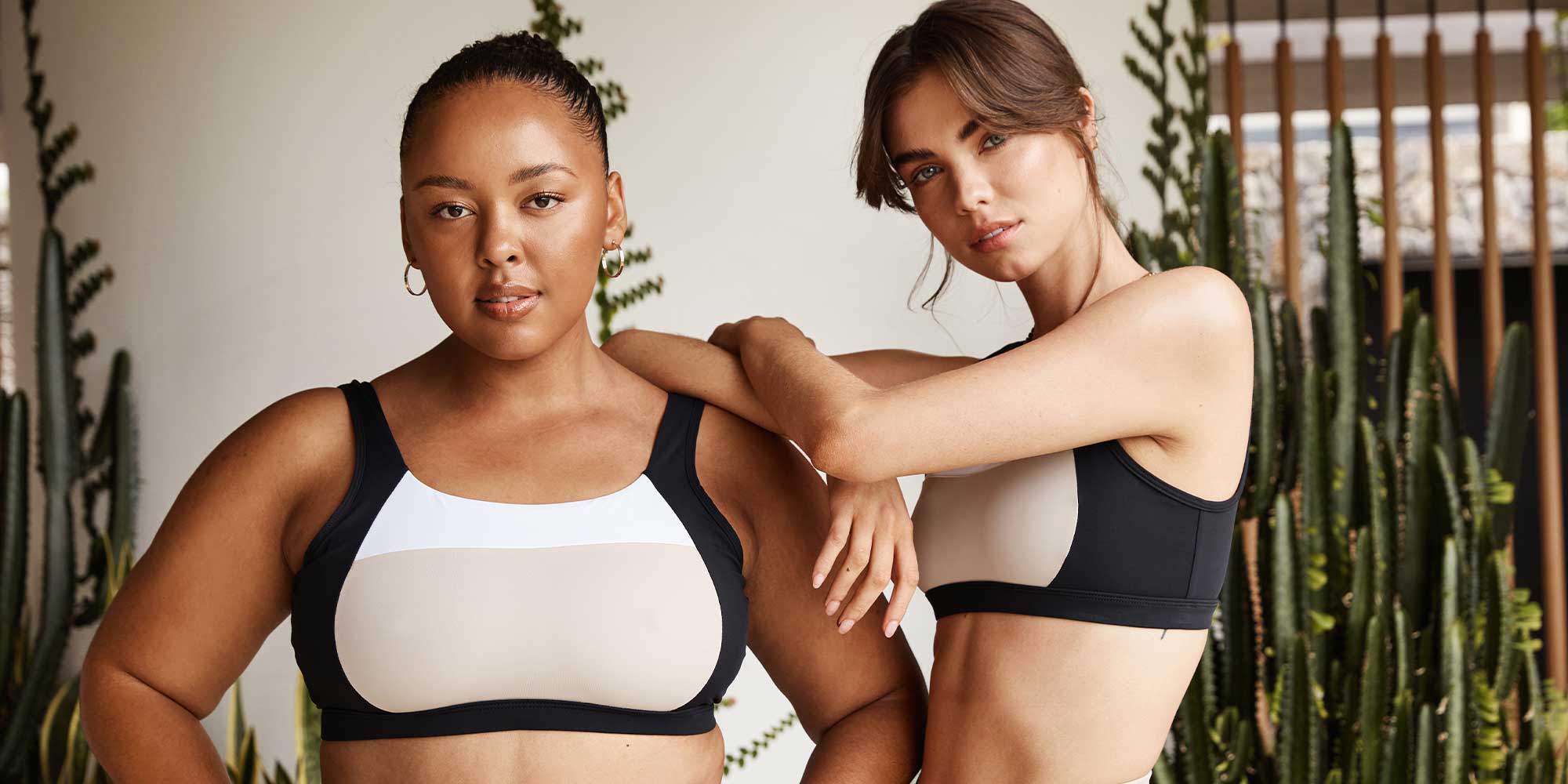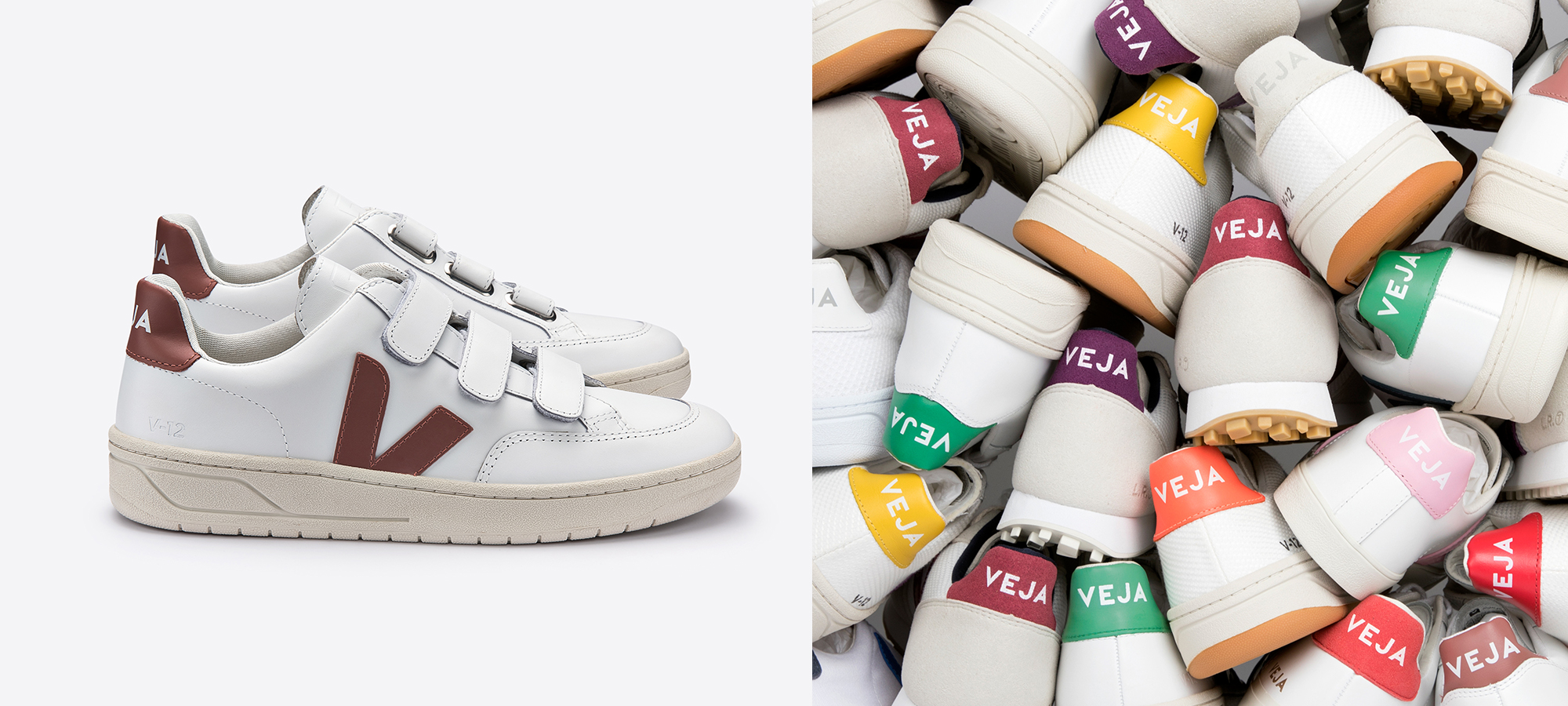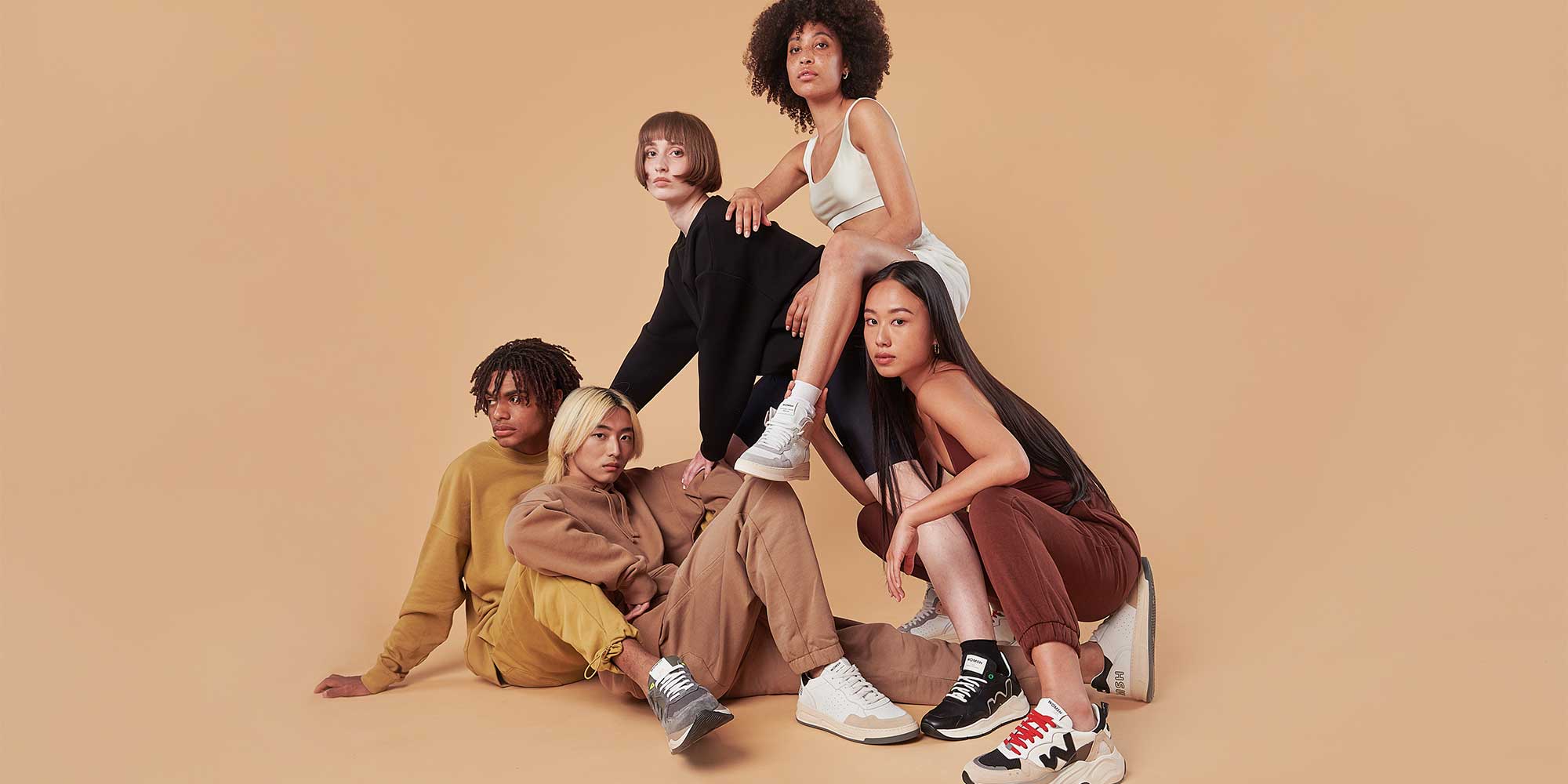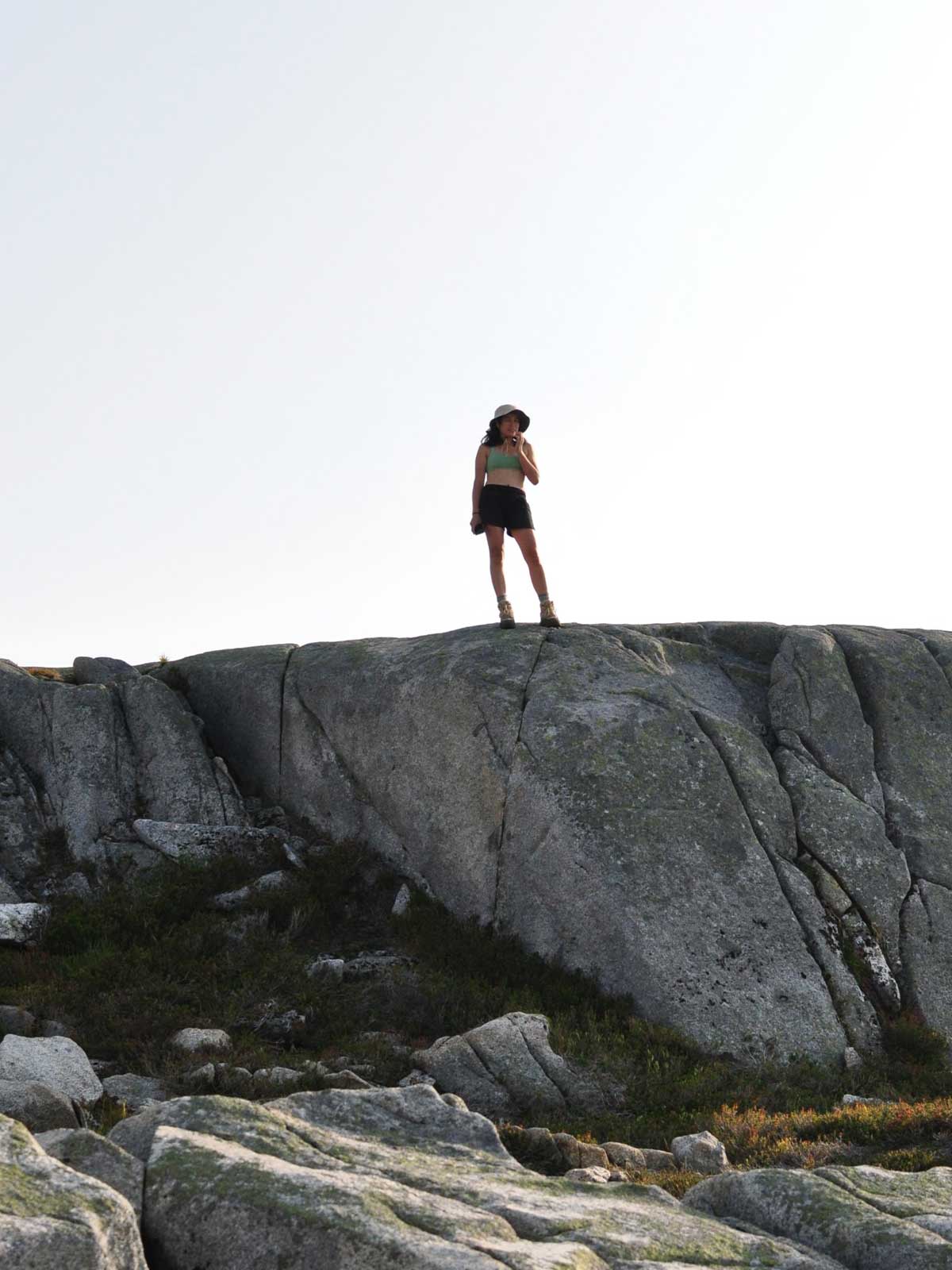Our editors curate highly rated brands that are first assessed by our rigorous ratings system. Buying through our links may earn us a commission—supporting the work we do. Learn more.
Nike and Adidas are two of the largest sportswear brands in the world, and they have both come up against criticism over the years for their ethicality. It’s a close call, but let’s take a closer look and answer that burning question: is Adidas better than Nike?
The battle of the sportswear giants
Nike and Adidas are two of the biggest brands in the world, so chances are you’ve considered investing in some kit from each of them at some point. New running trainers, perhaps? Some stylish yoga leggings, or a decent sports bra? These brands offer it all. Because when it comes to sportswear, most people see Nike and Adidas as their first port of call. So, we crunched the ethics and sustainability numbers to find out which company treats people, the planet, and animals better than the other.
Let’s answer once and for all: is Adidas better than Nike? Long story short: Adidas falls just behind Nike, but neither brand is a shining star. Read on for a deeper dive into both brands’ track records on the issues that matter most.
Nike—on again, off again
In the 90s, Nike became notorious for its terrible human rights record. The brand says it has changed, but can it outrun the past?
It’s generally agreed Nike has improved, but there is still a way to go. The activewear giant has been criticised for allowing its suppliers to exploit workers by paying below the minimum wage, enforcing excessive working hours, and failing to provide safe working conditions. Nike also hasn’t signed the Bangladesh Fire & Safety Accord, an important initiative to improve factory safety that came into play after the death of over 1,000 garment workers in the Rana Plaza factory collapse. On the plus side, Nike has committed to not knowingly using Uzbek cotton—where forced labour and child labour have been rife—after being called out for it in early 2020. The brand also now ensures payment of a living wage in a small proportion of its supply chain.
Nike hasn't signed the Bangladesh Fire & Safety Accord, an important initiative to improve factory safety that came into play after the death of over 1,000 garment workers in the Rana Plaza factory collapse.
In March 2017, Nike took a big step backward when it ceased allowing the NGO Workers Rights Consortium access to factories to check on labour standards. In 2021 and 2022, Nike received a score of 51-60% in the Fashion Transparency Index, showing it had started going in the right direction again, then its score dropped back down to 41-50% in the 2023 report. It’s like Nike is in an on-again-off-again relationship with doing the right thing.
But in May 2023, Nike was hit with a class action lawsuit over “greenwashed” sustainability claims. ClassAction.org reports that: “The 47-page ‘greenwashing’ lawsuit charges broadly that Nike has illegally attempted to capitalise on consumers’ preference for ‘green’ products by falsely claiming that certain apparel tagged with ‘sustainable’ claims and marketed as supporting the retailer’s waste- and carbon-reducing ‘Move to Zero’ initiative are, unbeknownst to the public, made from non-biodegradable plastic-based materials.”
All things considered, Nike scores a middling “It’s a Start” for people. Thanks to its use of some lower-impact materials and setting of science-based targets, it also rated “It’s a Start” for the planet. But for animals, Nike’s use of various cruel animal-based fabrics like down and exotic animal skin, as well as its lack of traceability here, means it is rated “Not Good Enough”.
Nike prides itself on making comfortable footwear, but we think some of the brand’s big-time execs should try walking in their workers’ shoes for a while and see how comfy things feel then.
We hope to see continual improvements from a big brand that can certainly afford to make them.
Nike gets an “It’s a Start” rating overall.
Adidas—losing its lead
Adidas has been subject to many of the same criticisms as Nike concerning worker exploitation, including in a report by War on Want on conditions in Bangladesh in 2012.
More recently, both brands have been strongly criticised for failing to take concrete steps towards paying a living wage to workers across their supply chain despite increasing profits and sponsorship payments to sports stars and teams. The 2018 Foul Play report by the Clean Clothes Campaign and Collectif Ethique sur l’Etiquette highlights the difference between the ever-increasing amount of money paid on sponsorships to sports stars and other marketing expenses, compared with the reduced share of the final price tag of sports gear that’s paid to workers in the supply chain.
The report calls on the brands to commit to paying living wages across their supply chain by a specific date, and other supporting actions. Adidas now has a project to improve wages in part of its supply chain and has made a public commitment to improve wages overall, which is a good step, and following up the promise with tangible results would be a big tick for the brand. But right now, it still doesn’t pay a living wage. Commitments are good, but we’re more concerned with actions the brand is taking right now.
Adidas received a score of 51-60% in the 2021, 2022, and 2023 Fashion Transparency Index, down from 61-70% a few years ago but higher than Nike’s most recent result. This score reflects the brand disclosing its suppliers and subcontractors (a win for transparency), supporting freedom of association, and signing the Bangladesh Fire & Safety Accord. Moreover, in June 2017, Adidas was singled out for praise in a report on forced labour by Know the Chain. It noted that Adidas has strong disclosure throughout its supply chain. In particular, it was the only one of five major footwear brands to disclose activities to address forced labour in specific countries.
What sets Adidas apart on the labour front is its leadership with crucial inclusivity and culture strategies and policies. Its approach includes auditing suppliers on a Diversity, Equity, and Inclusion (DEI) level. Adidas is responsive and happy to be held accountable in this area, which is essential for global brands to set the stage for a more transparent, ethical, and sustainable fashion industry going forward.
In February 2022, Adidas’ rating dropped from “Good” to “It’s a Start”, then down to “Not Good Enough” in November 2023 owing in part to recent human rights violations in its supply chain, including ongoing cases of wage theft in Cambodia. Our mission at Good On You is to provide consumers with the most reliable, accurate, and up-to-date information and recommendations across fashion, which means our comprehensive ratings methodology evolves to accommodate crucial movements in issues across ethics and sustainability in the industry. What we see reflected in Adidas’ rating drop is a brand not making good on its existing promises and not keeping pace with industry-wide actions for people, the planet, and animals.
Adidas still has plenty of work to do in crucial areas like biodiversity and transparency, too. It was also caught up in a greenwashing scandal in late 2021 when it was found to be misleading consumers with its wording around recycled content in a new pair of Stan Smith sneakers. This is a prime example of a slew of recent greenwashing fast fashion claims and campaigns, for which brands must be held accountable.
Take a closer look at the reasons behind the change in our deep dive into Adidas’ rating, noting that Adidas scores “It’s a Start” for the planet, and “Not Good Enough” for both people and animals.
Adidas gets a “Not Good Enough” rating overall.
The verdict
So, it seems that both companies have a trek in front of them—we hope they don’t get too many blisters along the way. Is Adidas better than Nike? Overall, Nike comes out slightly ahead of Adidas with a better score for workers, but it’s certainly not perfect.
Step up your ethics
As ever, the most sustainable item is the one in your closet. If you own a pair of Nike or Adidas sneakers but would rather not support the brands in the future, the best option is to use them until they’re worn out and then thoughtfully dispose of them. If you’re in the US or Europe, you can drop off old sneakers from any brand to a participating Nike store for recycling.
In need of new sneakers or activewear that better match your values? Check out these more ethical alternatives below, beating both Adidas and Nike at their own game, with more solid results for people, the planet, and animals. Or simply opt for second-hand Adidas or Nike products, prolonging the life of items already in circulation.



